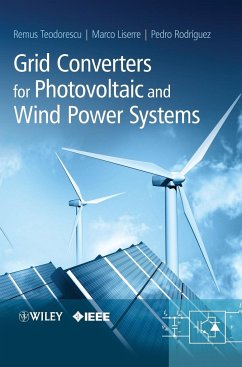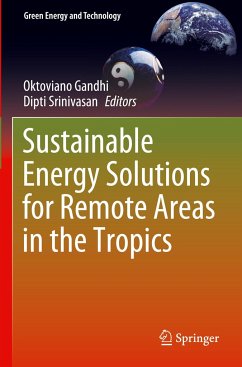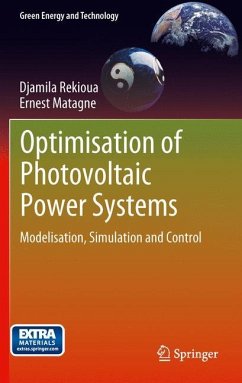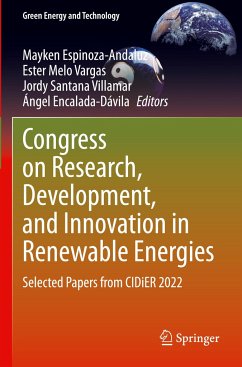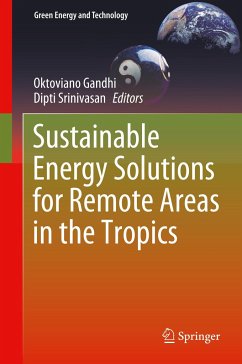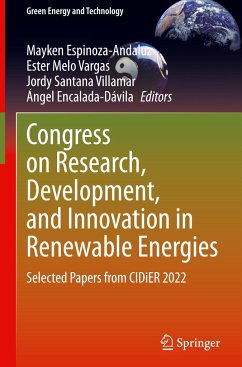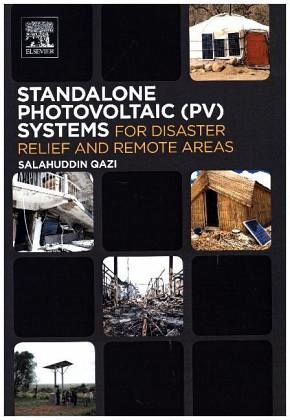
Standalone Photovoltaic (PV) Systems for Disaster Relief and Remote Areas

PAYBACK Punkte
26 °P sammeln!
Standalone Photovoltaic (PV) Systems for Disaster Relief and Remote Areas explores the increased demand for energy, including clean energy alternatives and the ways that solar energy is fast becoming a vital source for meeting peak demand, a solution for energy demand in disaster and remote areas, and a viable source to meet emerging energy security needs.The book provides a detailed overview of PV systems and applications for disaster and remote areas, and includes a guide on how to provide electricity during outages, along with important discussions on the need for increasing the resilience ...
Standalone Photovoltaic (PV) Systems for Disaster Relief and Remote Areas explores the increased demand for energy, including clean energy alternatives and the ways that solar energy is fast becoming a vital source for meeting peak demand, a solution for energy demand in disaster and remote areas, and a viable source to meet emerging energy security needs.
The book provides a detailed overview of PV systems and applications for disaster and remote areas, and includes a guide on how to provide electricity during outages, along with important discussions on the need for increasing the resilience of the grid. The differences and requirements for standalone, mobile, and portable PV systems are discussed, along with how systems can be deployed, transported, and used in remote areas. In addition, the book discusses the use of solar PV systems to create environmentally friendly power systems for remote communities that can be operated independently, also comparing the costs, emissions, and practical applications of other technologies.
The book provides a detailed overview of PV systems and applications for disaster and remote areas, and includes a guide on how to provide electricity during outages, along with important discussions on the need for increasing the resilience of the grid. The differences and requirements for standalone, mobile, and portable PV systems are discussed, along with how systems can be deployed, transported, and used in remote areas. In addition, the book discusses the use of solar PV systems to create environmentally friendly power systems for remote communities that can be operated independently, also comparing the costs, emissions, and practical applications of other technologies.





